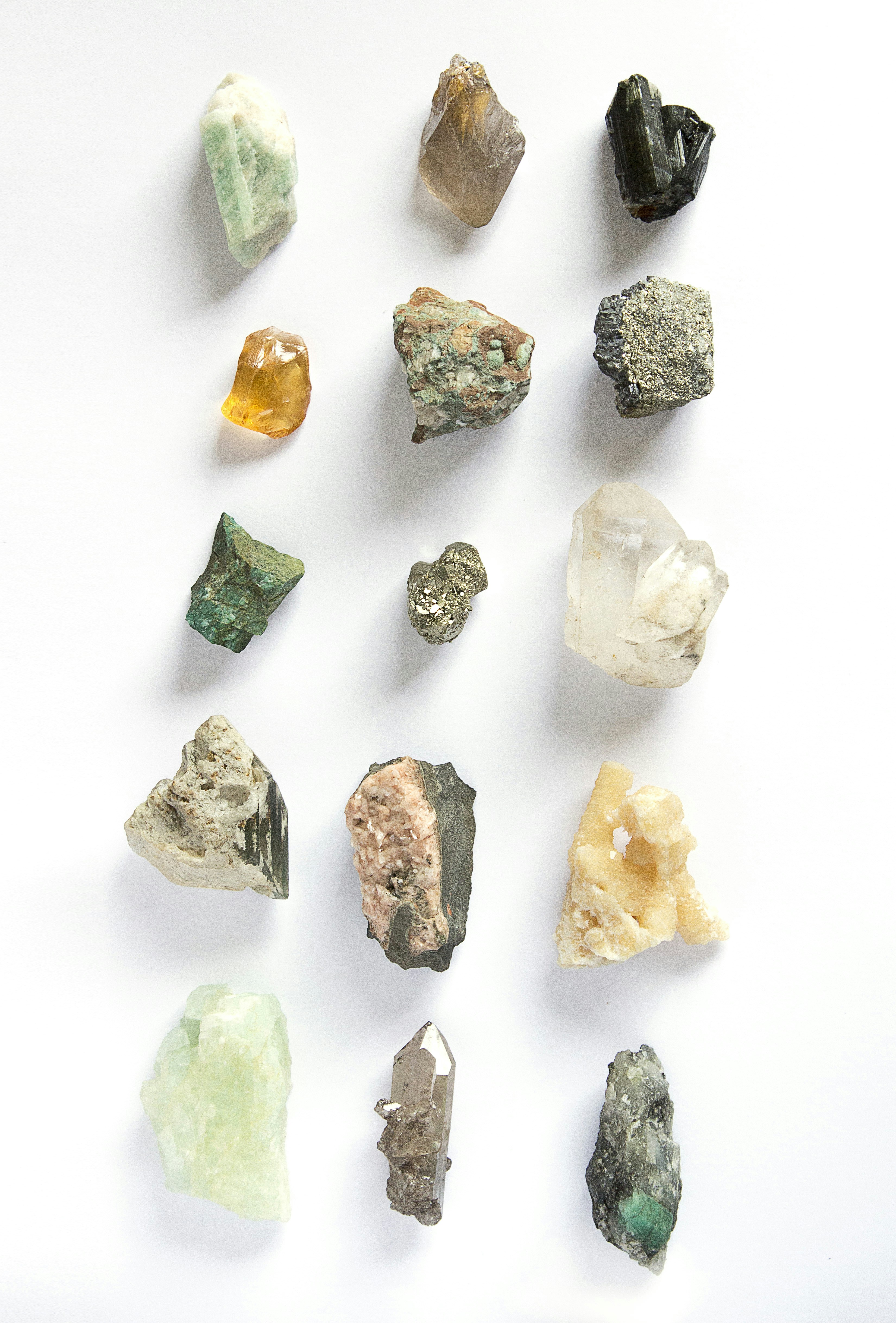Have you ever wondered how your vitamin C intake might affect your body beyond supporting immunity or improving skin health? Surprisingly, there is a curious connection between vitamin C and oxalates, compounds that could impact everything from kidney stones to nutrient absorption. Understanding this link is essential because vitamin C is often celebrated for its benefits, but like with many things in life, balance is key.
To better comprehend this relationship, let’s explore the roles each plays in your body, how they interact, and what this means for your health and dietary choices. Together, we’ll unravel the scientific tapestry linking oxalates and vitamin C, ensuring you make informed decisions for your well-being.
What Are Oxalates?
Oxalates are naturally occurring compounds found in many plants and animals. They exist as tiny crystalline substances that can bind to minerals such as calcium, thus forming calcium oxalate. This compound is prevalent and can form kidney stones, making it an unwanted player for those susceptible to these painful episodes.
Where Are Oxalates Found?
Oxalates are in a variety of foods, with some surprisingly common sources. Leafy greens, nuts, seeds, and even chocolate contain these compounds. Foods rich in oxalates often include spinach, rhubarb, beet greens, and nuts such as almonds and cashews. Even certain teas and spices have their share. This ubiquity can make it challenging to manage intake, especially if you love your greens and occasional treats.
Function of Oxalates in Plant Life
In plants, oxalates serve to regulate calcium, act as a defense against pests, and even provide a structural role at the cellular level. Interestingly, this compound helps plants thrive and survive, showcasing the complexity of nature’s design.
What Is Vitamin C?
Vitamin C, or ascorbic acid, is a crucial nutrient you need to maintain overall health. Known for its antioxidant properties, it plays a critical role in collagen synthesis, aiding in wound healing and promoting the absorption of iron from plant-based foods.
Sources of Vitamin C
Fruits such as oranges, strawberries, kiwi, and guava bristle with vitamin C. Vegetables like bell peppers, broccoli, and Brussels sprouts also contribute significantly to your daily intake. It’s quite easy to meet your nutritional needs if you enjoy these vibrant selections.
Benefits of Vitamin C
Beyond the well-touted immune support, vitamin C contributes to cardiovascular wellness, eye health, and even cognitive function, showcasing its diverse benefits. Regular intake is essential because your body neither produces nor stores this vitamin, making dietary consumption critical.
Connection Between Oxalates and Vitamin C
Understanding the link between oxalates and vitamin C is crucial, especially if you consume high quantities of this vitamin either through your diet or supplements. Vitamin C can convert to oxalate within the body, increasing the levels of oxalate in the urine, which potentially heightens the risk of developing kidney stones.
Oxalate Conversion from Vitamin C
Studies suggest that high doses of vitamin C, especially from supplements, can lead to increased oxalate production. When vitamin C is metabolized, some of it converts to oxalate, contributing to the overall oxalate pool in the body. This metabolic pathway underscores the importance of moderation, particularly for individuals predisposed to oxalate-related challenges.
The Role of Dosage and Frequency
The risk associated with this conversion is often linked to the dosage and frequency of vitamin C intake. Consuming vitamin C in extreme amounts, particularly in supplement form, is more likely to cause issues than dietary sources, which rarely cause such problems in normal consumption levels.
Implications for Kidney Health
The formation of kidney stones is one of the most notable concerns when it comes to oxalate levels in the body. These hard, crystalline minerals form in the kidneys and can cause significant pain and discomfort when passing through the urinary tract.
How Kidney Stones Form
Kidney stones form when oxalate binds with calcium in the kidneys. When this binding creates larger crystals than can be gradually dissolved, these structures form stones, causing pain as they make their way through your system.
Factors Influencing Kidney Stone Risk
Several factors influence one’s risk of developing kidney stones, including dehydration, diet, and genetic predisposition. A diet high in oxalates, coupled with high doses of vitamin C, further increases the risk for those who are susceptible.
Balancing Vitamin C and Oxalate Levels
To mitigate risks while reaping the benefits of vitamin C, finding a balance in your diet is key. Here are some strategies to consider:
Moderate Your Vitamin C Intake
While there’s no need to avoid foods high in vitamin C, moderation is crucial. Opt for getting your vitamin C primarily from foods rather than supplements, unless instructed by a healthcare provider.
Hydration’s Role
Staying well-hydrated helps dilute substances in the urine, reducing the chance of stones forming. It’s not only beneficial for those concerned about oxalates but is a general health practice for everyone to adopt.
Dietary Adjustments
If you are at a higher risk for kidney stones, you might consider reducing your intake of high-oxalate foods. But remember, it’s not about elimination, but rather keeping things in balance.
Calcium Intake
Calcium, interestingly, can help prevent stone formation by binding to oxalate in the stomach and intestines before reaching the kidneys. Ensure you include enough calcium in your diet to balance oxalate levels effectively.
| Food | Oxalate Level | Calcium Level |
|---|---|---|
| Spinach | High | Low |
| Kale | Low | Moderate |
| Milk | Low | High |
| Almonds | High | Moderate |
Science Backing the Connection
Research continues to delve into the relationship between vitamin C and oxalates, shedding light on how these interactions impact health. It’s pivotal to rely on recent evidence to make informed decisions about intake.
Recent Studies
Recent studies highlight the nuanced role vitamin C plays in oxalate production. While supplements pose more of a risk, dietary vitamin C generally benefits the body without significantly impacting oxalate levels. This reinforces the wisdom of relying on natural food sources for your nutritional needs.
Individual Variability
Genetic factors can also affect how your body processes vitamin C and forms oxalates. This variability means that while some individuals may be more prone to issues, others can tolerate higher intakes without concerns.

Key Takeaways for Your Health
In the grand scheme of nutrition, vitamin C’s link to oxalates is just a thread in the intricate web of dietary science. However, understanding it can help you enhance your overall wellness and avoid potential pitfalls.
Keeping Informed
Recognize the importance of staying updated with nutritional science. As research evolves, so might recommendations, allowing you to adjust your dietary habits accordingly.
Professional Guidance
If in doubt, consulting with a healthcare professional can provide tailored advice that considers your unique health profile and needs. This step can reassure you about your diet and help you make any necessary amendments.
Holistic Approach
Remember, a balanced diet is typically the most robust strategy for health. Incorporate variety, maintain hydration, and ensure you’re meeting all nutritional needs without over-reliance on any particular supplement.
Wrapping Up
Navigating the realms of oxalates and vitamin C might seem daunting, but with knowledge and conscious dietary choices, you can enjoy the benefits of vitamin C while minimizing potential risks. Focusing on balance, moderation, and holistic health can be your guiding principles. After all, your well-being deserves thoughtful consideration, and understanding the interplay between these elements empowers you to make educated and beneficial decisions.
In pursuing health, remember that every part of your diet and lifestyle plays a role in shaping a happier, healthier you.





